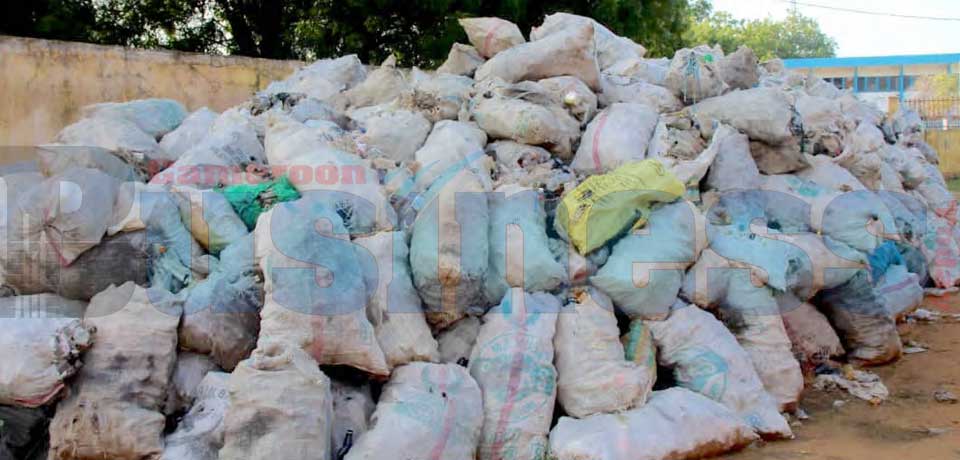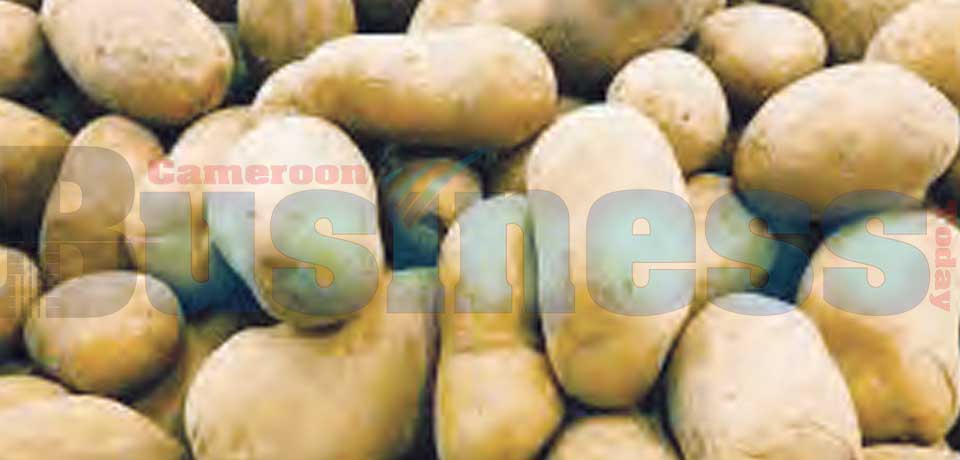What assessment can you make of the importation of rice, fish, vegetable oil and other basic commodities in Cameroon ?
We do not produce enough of these commodities. We produce less than 50% of our national needs. Demand therefore supersedes the supply coming from our farms. The shortfall in production is explained by a number of factors such as expensive inputs of land and labour, as well as costly access to finance. Despite the production shortfalls, consumers’ needs must be met, and hence we have to rely on imports, particularly for the urban elite.
How does the huge importation of these basic food items affect the national economy ?
Significant import levels mean we are using scarce foreign exchange to pay for basic food items produced abroad. This is a diversion of resources that could have been used to promote capital gain, social programmes and family welfare. Imported commodities come with price mark-ups that make some of them expensive and drive up inflation, particularly for horticultural commodities. In the case of cereals, productivity gains in Asia imply they could be dumped into our markets and depress prices of competitive commodities. This may be good for consumers, but hurts the farm sector and suppresses positive supply response for producers of cereals. The multiplier effect of a hurting farming sector which employs 70 per cent of our labour and 30 per cent of national income mean cannot be overlook. Our road to industrialization and economic emergence begins by conquering agriculture and food related challenges.
Cameroon has a long coastline and many rivers and lakes which are favourable for fishing activities as well as extensive land suitable for rice cultivation but then the country’s production is dwindling so much so that it cannot satisfy the increasing demand. How do you explain this? What accounts for this low production of these highly consumed household food products ?
Lack of commercial production goals explains our low production levels. Agriculture is still dominated by subsistence motives. Few Cameroonians have seen agriculture as a viable lucrative business. Agriculture and fishing though very profitable comes with drudgery and irksomeness from hard work. They do not only require passion and enthusiasm, but also a commercial orientation. The lack of entrepreneurship in our peasant producers and fishing folk would imply low production levels not only for food items, but also inadequacy of raw materials for our burgeoning industry. Ageing...
















Commentaires